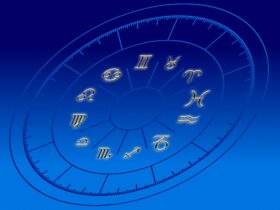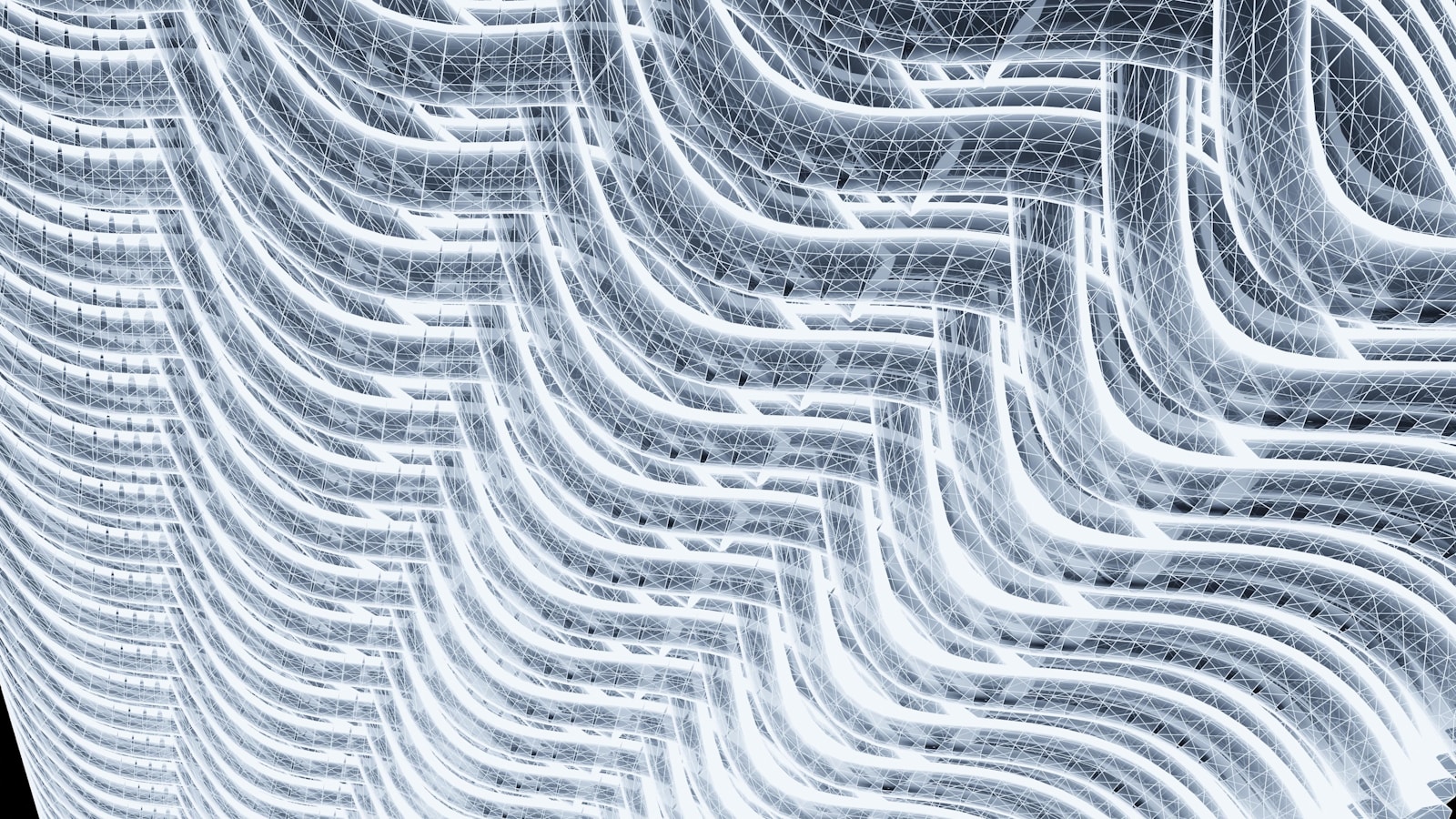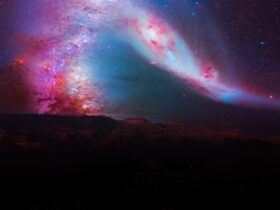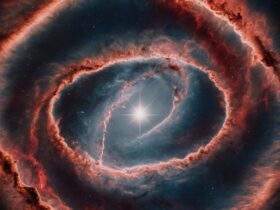For millennia, human beings have sought to understand their connection to the cosmos. Across time and cultures, the stars have played a pivotal role in shaping our understanding of the self and the universe. One of the most profound realizations we now hold is that we are literally made of stardust. The elements that make up our bodies were formed in the cores of stars, binding us inextricably to the cosmos. This idea, however, is not only grounded in scientific reality but also resonates deeply within Vedic psychology and spiritual traditions.
The Scientific Reality: Stardust as Our Foundation
Modern science has shown that we are composed of the very elements born from stars. According to astrophysicist Carl Sagan, the elements crucial to life—such as carbon, nitrogen, and oxygen—were forged in stars that exploded billions of years ago in supernovae. These elements were scattered across the cosmos, eventually forming new stars, planets, and even life.
A 2017 study led by astronomer Jennifer Johnson of Ohio State University confirmed that 97% of the atoms in our bodies come from stardust. This astonishing fact reinforces the idea that we are deeply connected to the universe, not just spiritually, but physically.
Vedic Psychology and Cosmic Awareness
From the Vedic perspective, our connection to the universe extends beyond the physical. Vedic psychology, a discipline rooted in ancient Indian philosophy, holds that human consciousness and the cosmos are inherently intertwined. The concept of Aham Brahmasmi, which translates to “I am the universe,” encapsulates this belief. In Vedic thought, the microcosm (the individual) mirrors the macrocosm (the universe), reflecting a profound relationship between the self and the cosmos.
This principle of cosmic unity suggests that by understanding our own consciousness, we can unlock a deeper understanding of the universe. When we become aware of our cosmic origins and the elements that make up our being, we begin to appreciate the cyclical nature of life, death, and rebirth—a theme echoed both in Vedic texts and modern cosmological studies.
Cosmic Dust and the Cycle of Life
In Vedic traditions, the cycle of birth, death, and rebirth is a fundamental principle. This belief is mirrored in the cosmic process of stellar birth and death. Just as stars are born, live, and eventually die, scattering their elements across the universe, so too do human beings go through the cycle of life, death, and rebirth.
The European Southern Observatory’s research highlights this process, showing that the stardust we are made of comes from stars that died billions of years ago. In Vedic psychology, this cosmic recycling process is analogous to reincarnation, where the soul continues its journey through many lifetimes until it reaches enlightenment or liberation (moksha).
The Role of Cosmic Awareness in Personal Development
One of the key tenets of Vedic psychology is the importance of self-realization—the process of understanding one’s true nature and connection to the universe. This awareness is not merely intellectual but a deeply spiritual experience. By recognizing our origins in the stars, we cultivate a sense of humility and reverence for the cosmos.
This cosmic awareness can also contribute to mental and emotional well-being. When individuals understand that they are part of something far greater than themselves, it instills a sense of purpose and belonging. This is particularly important in today’s world, where feelings of isolation and disconnection are common.
Living in Harmony with the Cosmos
Vedic psychology emphasizes living in harmony with the natural rhythms of the universe. By aligning our lives with the cycles of nature and the cosmos, we can achieve greater balance and fulfillment. Understanding our connection to the stars reminds us that we are part of a larger cosmic order, which can inspire us to live more meaningful lives.
In conclusion, the realization that we are made of stardust bridges the gap between modern science and ancient spiritual wisdom. Vedic psychology teaches us that by embracing this cosmic awareness, we can find greater peace, purpose, and understanding in our lives.
















Leave a Reply